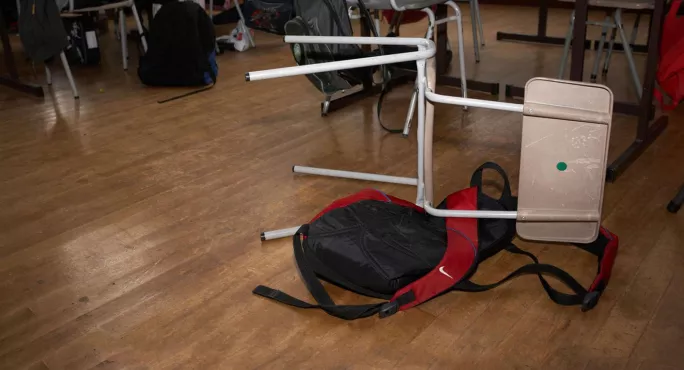A breakdown of how the Department for Education’s £10 million behaviour hub funding will be spent has been revealed to Tes.
The behaviour hub programme, in which 22 lead schools across the country have been appointed to work with others with challenging behaviour, will be rolled out in September.
But it has been criticised as being badly timed by campaigners who are calling for the cash to be spent on mental health support as schools come out of the pandemic.
Gavin Williamson: DfE wants to remove mobile phones from the school day
Behaviour: One in 10 teachers report being threatened by violence
Quick read: Gavin Williamson behaviour boost claim ‘flimsy’, say teachers
How the behaviour hub funding will be spent
So how will the £10 million be spent?
- The majority of the cash - around £7 million - will fund the time of teachers and senior leaders both in the lead schools and in those schools with challenging behaviour that are receiving support, according to information provided to Tes by this week. The DfE has already said in a guidance document that the money will be paid to schools as reimbursement for loss of staff time at a rate of £500 per day for a multi-academy trust leader or headteacher.
- A further £2 million will cover the costs of the Education Development Trust charity, which has been appointed to manage delivery of the programme after winning a contract. The role of the Education Development Trust includes grant management and providing logistical support and administration, including organising training and collecting and monitoring of information, the DfE said.
- The final £1 million will pay seven behaviour experts, including the DfE’s pupil behaviour tsar Tom Bennett, who will develop and deliver specialist training and resources for schools. The DfE says they will be paid at the same rate as the reimbursement for headteachers in the programme, and that, where there are serving school leaders, the money will be paid as “backfill” to their school or trust.
Meanwhile, several thousand teachers have signed a petition stating that “mental health and a high-pressure curriculum are the biggest factors when it comes to behaviour, and that the government should address these issues first.”
But the DfE says the programme will expand next year, with further lead schools and multi-academy trusts appointed to support more schools to help reach the target of 500 supported schools over the three-year programme.
Mr Bennett said campaigners “appeared to have misunderstood” what the initiative was about, and that its strategy was to match schools with other schools in “supportive and professional relationships to explore ways they can build equally supportive systems into their school cultures”.




